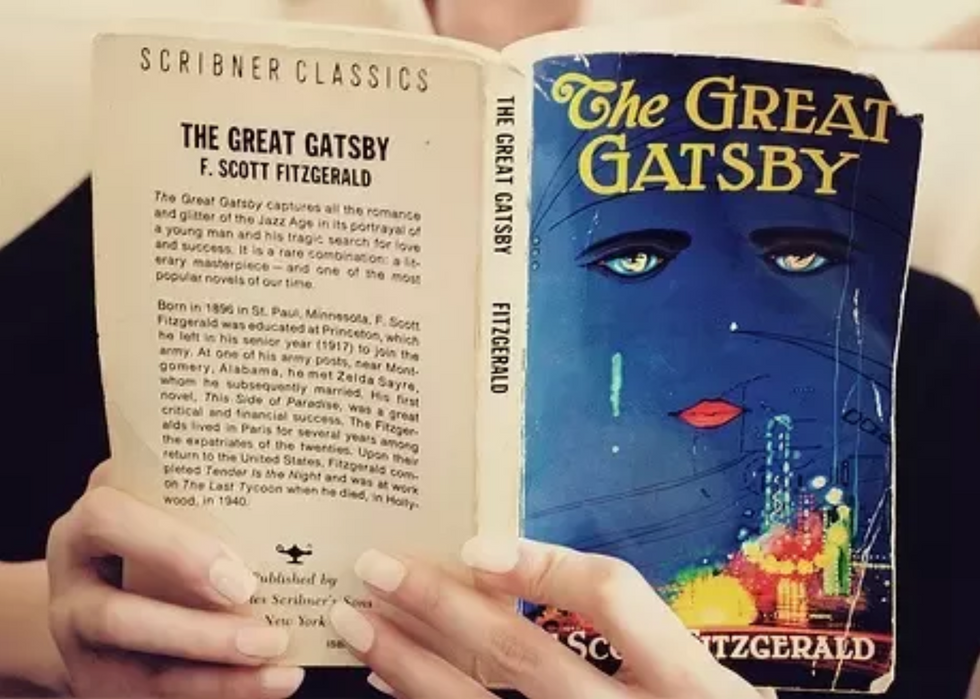Officially published in April of 1925, "The Great Gatsby" is largely referred to as F. Scott Fitzgerald’s finest work, even though when it first appeared on the market, it was regarded as a tremendous flop.
It has since been declared “The Greatest American Novel,” books have been penned on the very significance of the work itself, and when the 20s are mentioned, Gatsby is the first thing that pops into millions of peoples’ minds. Perhaps this is because even in 2017, this novel is still as poignant and important as it was decades ago.
The novel doesn’t shy away from some hard-hitting subjects such as social status, wealth, greed, and the American dream--topics that are just as frequently debated in the 21st century as they were in the 20th.
What can we still learn from Gatsby? A lot, truthfully.
We can learn that there is a palpable difference between optimism and disillusion, a difference between passion and obsession, and these are important to differentiate. Jay Gatsby, I’m looking at you by saying this!
Fitzgerald writes that Gatsby is forever looking across the water in search of the green light at the end of the dock at Daisy’s home. Obsessed with the idea of Daisy and his pursuit of achieving the American Dream? Most certainly.
And is Gatsby simply a hopeless romantic, optimistic at his core, or is he absolutely delusional? The man literally throws massive parties in hopes that Daisy will one day wander into one. As much as I love Gatsby’s character, is this even a question?
We can learn that it is tempting to become held by the past, that all too often, we “beat on, boats against the current, borne back ceaselessly into the past.” This very fixation with the past, and obtaining the girl of his dreams from his past, is exactly what leads Gatsby to his gloomy demise.
We learn the importance of not basing our entire existence around monetary objects; Daisy, protagonist Nick’s cousin, and her dazzlingly wealthy husband, Tom, fall victim to this. They are described in the novel as “…careless people, Tom and Daisy–they smashed up things and creatures and then retreated back into their money or their vast carelessness or whatever it was that kept them together, and let other people clean up the mess they had made.”
This novel is a timeless classic for a reason; it is perhaps the greatest demonstration of hope, hopelessness, and everything in between that literature has ever seen. If you are yet to read it, don’t miss out. If you already have, you can never read a good book too many times, right?








































